Support every new hire with AskAI
Self-service learning that answers customer questions and accelerates time-to-value while reducing support burden.
Turn your company knowledge into structured onboarding programs that help new hires ramp with confidence.
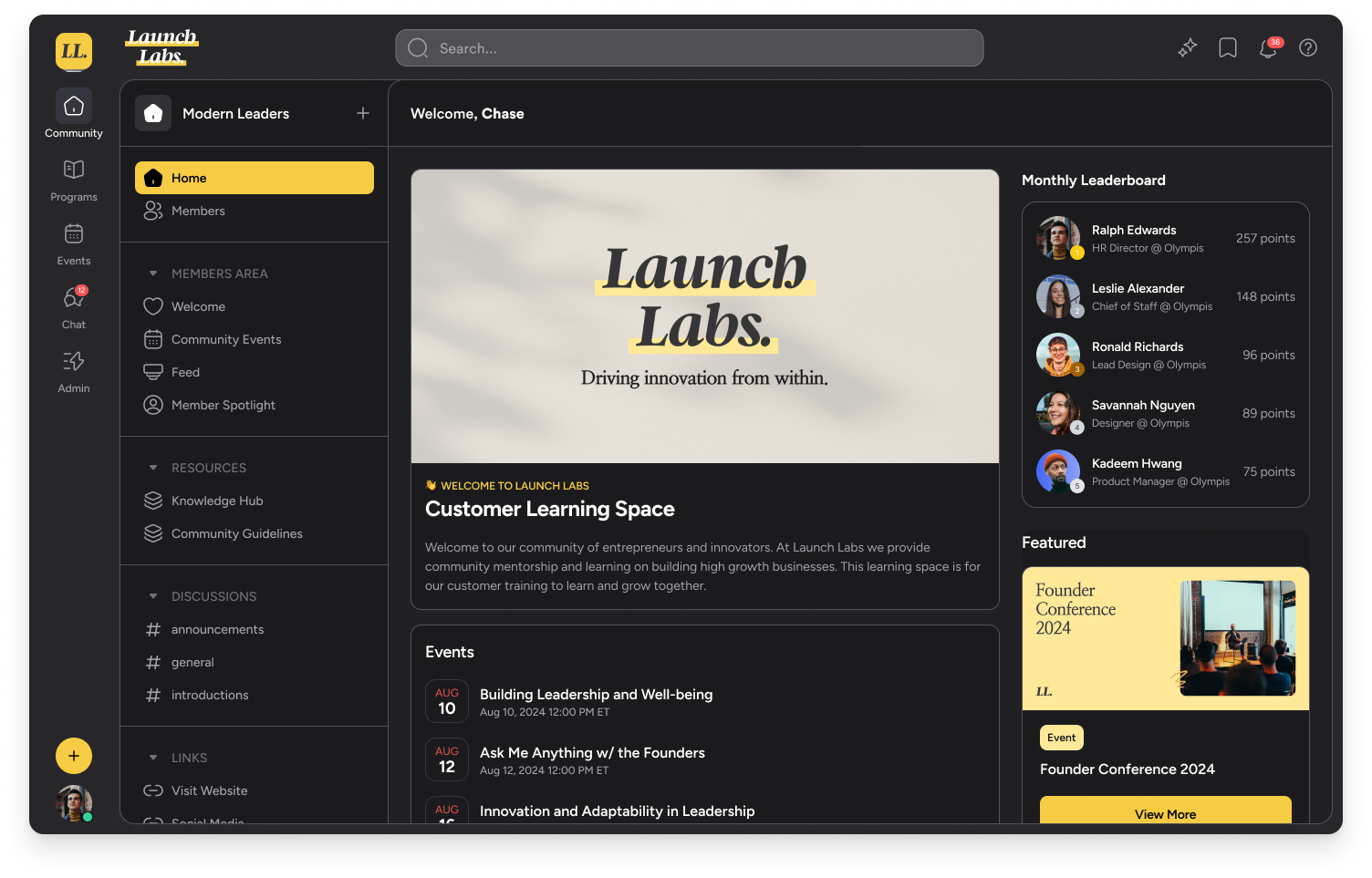



















Use the materials your team already relies on. Disco works with handbooks, guides, and process docs.
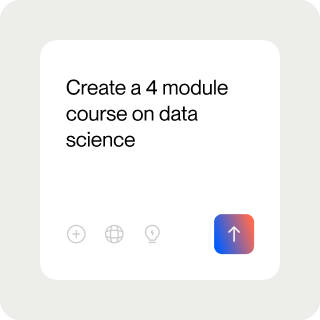
Disco turns your content into a structured, role-specific onboarding journey.

New hires get a guided experience with built-in help from AskAI, trained on your company’s knowledge.
Self-service learning that answers customer questions and accelerates time-to-value while reducing support burden.


Collaborative learning that keeps customers engaged and connected to their success goals through peer discussions and shared progress.
Make changes and generate new versions in minutes as your product, processes, or positioning evolves.
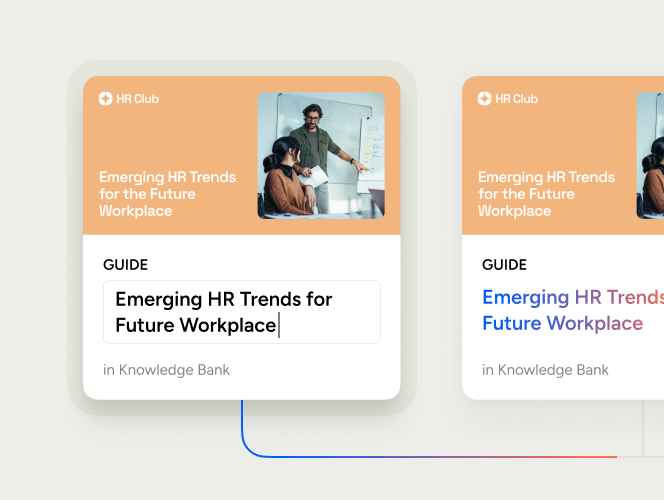
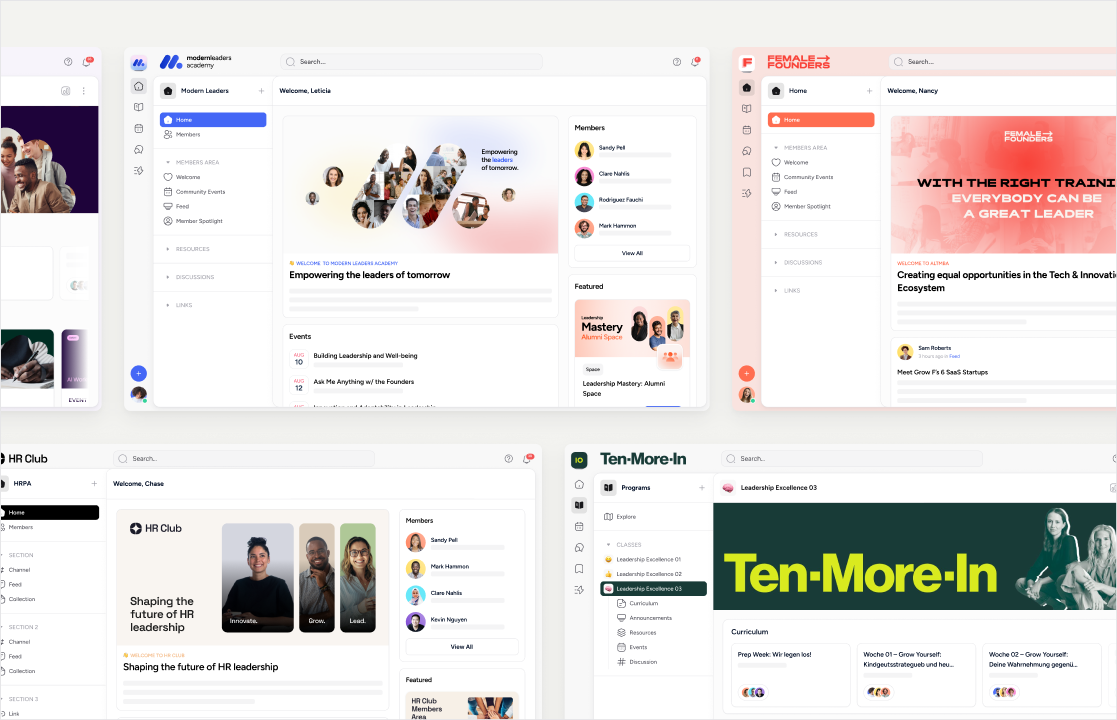
Deliver customer training via a fully branded academy on your own domain. Add your logo, customize colors and more.


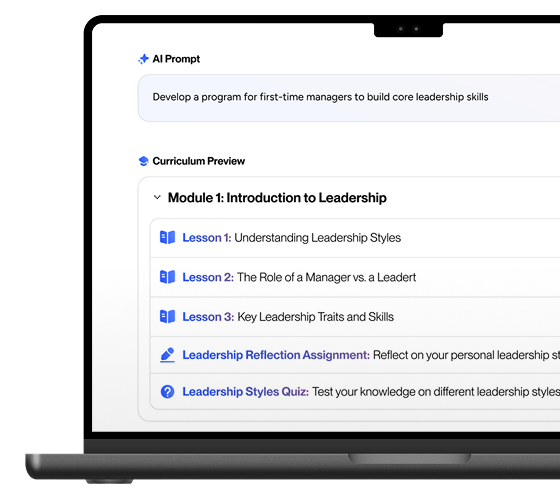



.webp)